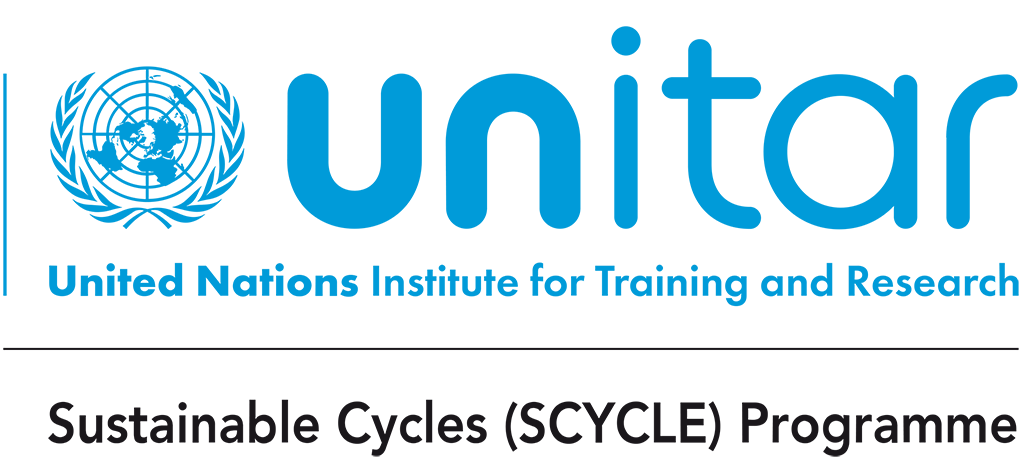The E-waste Academy
Developing capacity in entrepreneurship, policy-making, research and enforcement
About E-waste
The electrical and electronics industry is the world’s largest and fastest growing manufacturing industry. Products like computers, TVs, radios, MP3 players, navigation-systems, microwave ovens, coffee makers, toasters, hair-dryers, refrigerators - to name but a few - are part of our every-day life and their use is rapidly rising worldwide. This raises concerns about resource efficiency and the immediate concerns of the dangers to humans and the environment once all these products become waste. There is a long and sometimes complicated chain of events in the e-waste problem, beginning from an idea that someone has for a new product and then its production, ending in its purchase and eventual disposal by the end user.
There is limited capacity to understand and manage this complex waste stream. The E-waste Academy provides tailored and targeted training for different stakeholder groups. Join us at the E-waste Academy, a one-of-a-kind platform form for capacity building on e-waste!
The E-waste Academy for Managers (EWAM) for small- and medium-sized enterprises and policy-makers.
The E-waste Academy for Scientists (EWAS) for young researchers.
The Dotcom Waste Project for law enforcement agencies, customs and port authorities, environmental agencies and prosecutors.

